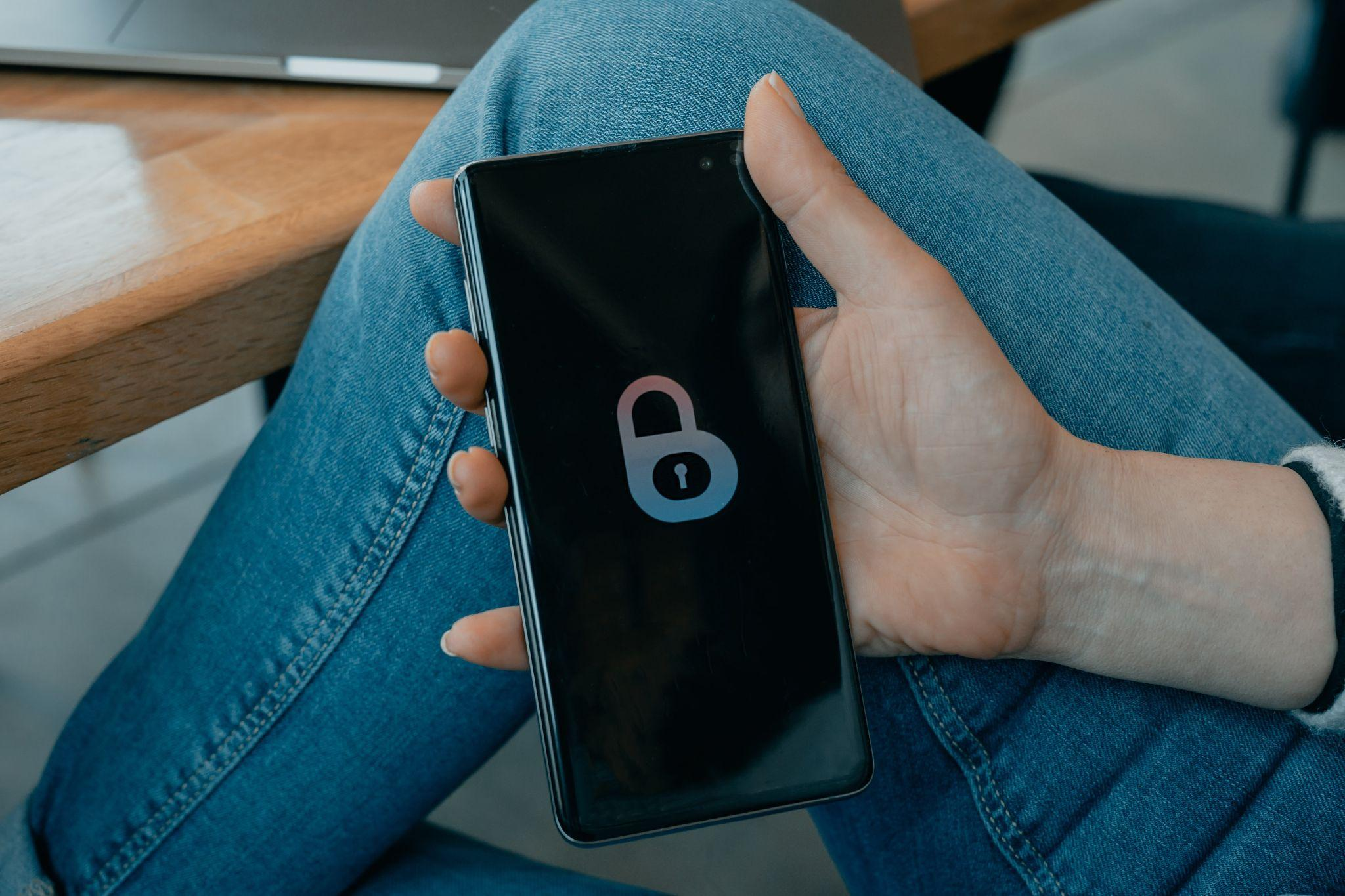In this article, we’ll take you through the seven ways in which you can prevent a Smartphone data breach.

These days, the majority of us keep our lives in our Smartphones. We use them for everything, from keeping in touch to shopping to doing our banking, without really thinking of security issues.
While this offers a hugely convenient way of getting things done, it also unfortunately offers cybercriminals chance to steal data. Mobile data leakage can be disastrous for a person; it could cause credit issues and even lead to identity theft.
If you’ve been a victim of a security breach on your phone you would need to seek advice from GDPR solicitors to know if you can make a claim or not. In this article, we’ll share our seven ways to prevent a Smartphone data breach and keep your information safe.
What is a Smartphone Data Breach?
This occurs when somebody, either accidentally or deliberately, accesses somebody else’s Smartphone. In doing so, they may then be able to gain access to personal information such as addresses, contacts and financial information such as bank account numbers and credit card details.
Sometimes hackers will gain access to Smartphone data in order to commit identity fraud whereby they may, for example, illicitly gain credit through somebody else’s details.
How to Prevent Smartphone Data Breaches

There are a number of ways in which you can protect your data and, some of these are:
1. Keep Your Phone Updated
Keeping your phone updated is just one way to make sure your phone has the best security protection. If you don’t keep your phone up to date, there’s a chance that it might have compromised privacy and security settings.
When security settings aren’t up to date, this can allow cybercriminals to gain access to your data. Frequent updates mean security flaws and bugs are addressed meaning you have a more robust system to help prevent data leaks.
2. Bluetooth
Bluetooth is a feature on electronic devices which allows for the easy sharing of information between friends, family and colleagues. Unfortunately, it also allows for fairly easy access to your phone for criminals. Get into the habit of turning off Bluetooth on your phone when you’re not using it to help keep your data safe.
3. Auto lock
Most phones have the option of using auto lock which, as the name suggests, automatically locks your phone after a predetermined amount of time after use. Keeping auto lock on is a good habit to get into to help keep prying eyes away from your information.
4. Passwords
You may be tempted to allow your phone to save passwords for sites and apps which you use on a regular basis, but this is not a great idea as it offers an open door to cybercriminals. Although it may take a few seconds longer, entering passwords manually is a much safer option.
While we’re on the subject, it’s also sensible to change your passwords periodically to keep your data secure.
5. Downloads
Although downloading videos and other content can help with the tedium of a long journey or wait, it can also allow cybercriminals to plant viruses into your phone in order to get hold of your data. Try to limit the content that you download and only do so from reputable sites.
6. GPS

GPS can be a lifesaver when you need a late-night Uber but, try to avoid keeping this on all the time to avoid giving the green light to hackers during your journeys. As well as closing the door to cybercriminals, turning off GPS is also a habit to get into for personal safety.
7. Remote tracking
A lot of people don’t know this but, most Smartphones have a remote tracking feature which allows you to lock your phone and even erase your phone’s data in the event that it is stolen. It’s a really good idea to familiarise yourself with this feature as it may prove invaluable in allowing you to act quickly if your Smartphone goes missing.
By allowing you to remove the data, you’ll be able to protect your information, meaning that the only hassle that you will have been, of course, replacing the phone itself. If your phone doesn’t already have this, you can download and install it on your phone.
Preventing a Smartphone Data Breach
If you’ve ever lost your Smartphone, even temporarily, you’ll know the sense of panic that sets in when you realise how much you rely on it. These devices not only make things more convenient but can also, in some cases, save lives, whether it’s calling for an ambulance or grabbing an Uber when you don’t know where you are.
Following the tips in this article can significantly help in keeping your data safe and minimise chances of malware attacks and give you peace of mind about the data you keep stored on your phone.









